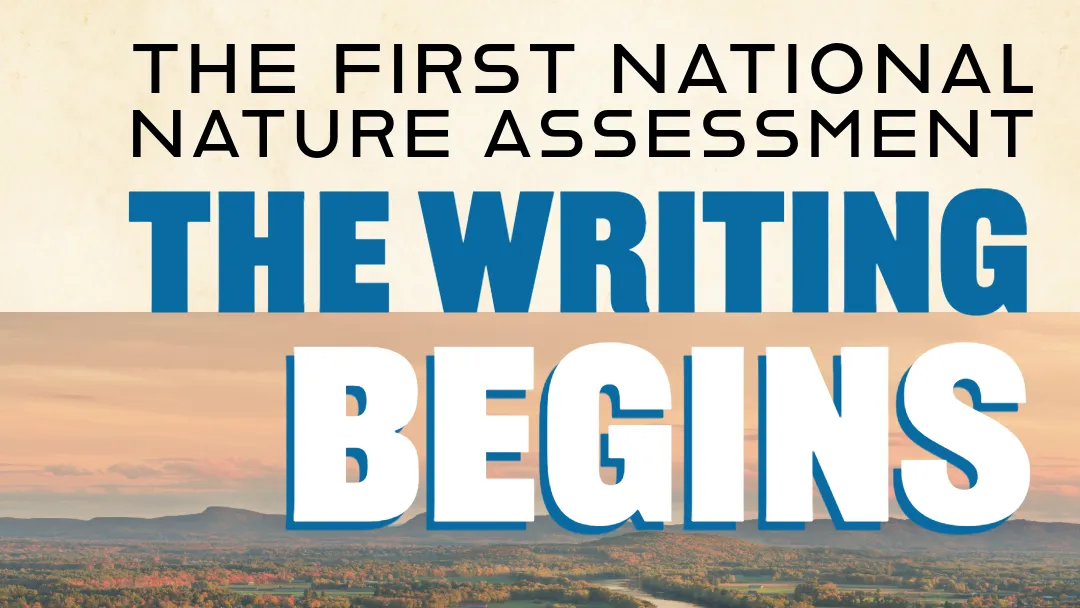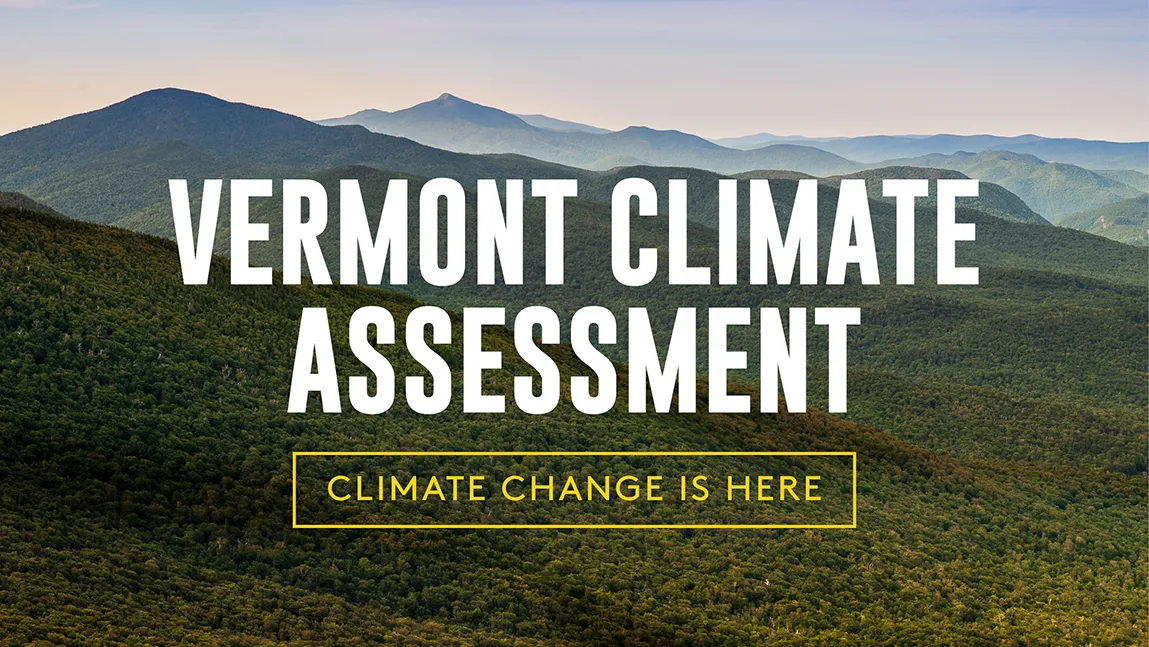Taylor Ricketts, Director of UVM’s Gund Institute for Environment, and Rachelle Gould, a professor in UVM’s Rubenstein School of Environment and Natural Resources, have been selected to serve as chapter author and chapter lead, respectively, for the first-ever U.S. National Nature Assessment.
The First National Nature Assessment (NNA1) will take a holistic approach to better understand the role of nature in the lives of people across the country, integrating science with traditional ways of knowing and the needs of communities. The Assessment will take stock of what nature provides people through its inherent value, and its contribution to human well-being, the economy, cultural heritage, national security and more—and looks ahead to understand how these benefits might change under future conditions. The NNA1 is expected to be released in 2026.
Ricketts will co-author the chapter, “Nature and Human Health and Well-Being,” reviewing and summarizing evidence that human health and the health of the planet are interrelated.
“I will be working with a remarkable team of experts from across the country on the links between nature and human well-being,” Ricketts said. “Doctors, biologists, public health researchers, economists, and others will be summarizing our rapidly expanding knowledge about nature’s contribution to our physical and mental health.”
Gould will lead the chapter, “Nature and America's Cultural Heritage,” which will entail leading the scoping of the chapter, including selecting and inviting all chapter authors and technical contributors.
“This chapter’s team of authors is a fantastic group of experts,” Gould said, “and I can’t wait to develop this chapter together.” She added, “I’m honored to have been asked to lead the chapter that focuses on the intersection of nature and culture. There is no way to talk about America’s culture without talking about nature, and no way to talk about nature in America without talking about culture. We have the sobering, but exciting, challenge of figuring out how to summarize what we know about those rich, deep connections in ways that can help us maintain and restore them into the future.”
"Recognized Thought Leaders"
Each chapter lead is responsible for leading the development and writing of their chapter and leading it through the public and peer review process. Chapter leads will also lead the outreach and communication activities for their chapter after the Assessment’s release.
“I think it’s fantastic that UVM is one of a handful of universities contributing more than one author to the Assessment,” Ricketts noted, adding, “That speaks to our leadership and expertise in the ways in which nature supports the lives and livelihoods of all of us.” Gould noted the many intersections between the cultural heritage and human health chapters, adding that having those two chapters addressed by UVM authors will help to synergize their content.
“The depth and breadth of our chapter leadership team is remarkable. We are incredibly fortunate to have the expertise, experience, and leadership of these recognized thought leaders for America’s first-ever National Nature Assessment,” said NNA1 Director Dr. Phil Levin.
The National Nature Assessment will be released for public comment, Tribal Consultation, and other Indigenous engagements: an outline will be ready in August 2024, and the first draft will be released in the fall of 2025.
“Nature is our life support system, underpinning our lives and livelihoods in countless ways,” Ricketts said. “I’m honored to be part of this first national effort to assess the state of nature and its role in supporting our economy, health, livelihoods, and society.”
Learn more about the Gund Institute for Environment at UVM and the Rubenstein School of Environment and Natural Resources.


